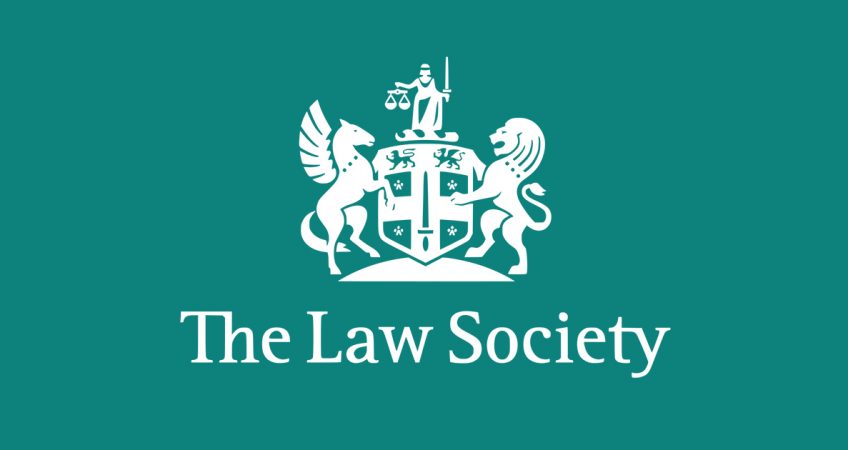Recently, we published that the International Underwriting Association of London (IUA), the trade body with the responsibility for underwriting professional indemnity insurance (PII) have written an open letter of the industry warning them about their PII renewals.
The trade body was concerned that professional indemnity insurance (PII) “could become unsustainable” if underwriters couldn’t cancel policies where the premiums were not paid.
The Law Society of England and Wales have responded to the IUA, with President Simon Davis, saying that the Law Society “understands the concerns of insurers and is sympathetic” towards their concerns. However, they need to remember what the primary purpose of PII is.
The response from The Law Society of England and Wales President is below:
“The Law Society understands the concerns of insurers and is sympathetic towards their request but is mindful that the primary purpose of professional indemnity insurance is to protect solicitors’ clients and the wider public.
“We agree with the IUA that non-payment of premiums or excesses by a minority of solicitors is a serious matter, and one that has serious implications for the profession as well as the insurers.
“Insurers are compelled to pass those extra costs on to the rest of the profession, which means that well-managed firms end up paying not only for themselves, but also for the small minority of disorganised or insolvent firms.
“If the problem is not addressed, it could drive insurers from the market – reducing capacity – making it harder to find cover and further increasing the cost.
“We have offered to work with the SRA and the IUA to reach a mutually acceptable solution and have suggested that, as an interim measure, the SRA should be more willing to take regulatory action against solicitors who do not make the requisite payments.
“These are difficult times facing the legal profession and the economy as a whole, so it is vital that we maintain a competitive market for PII. To help achieve this, it is vital that all our members pay for their premiums and excesses.”



















